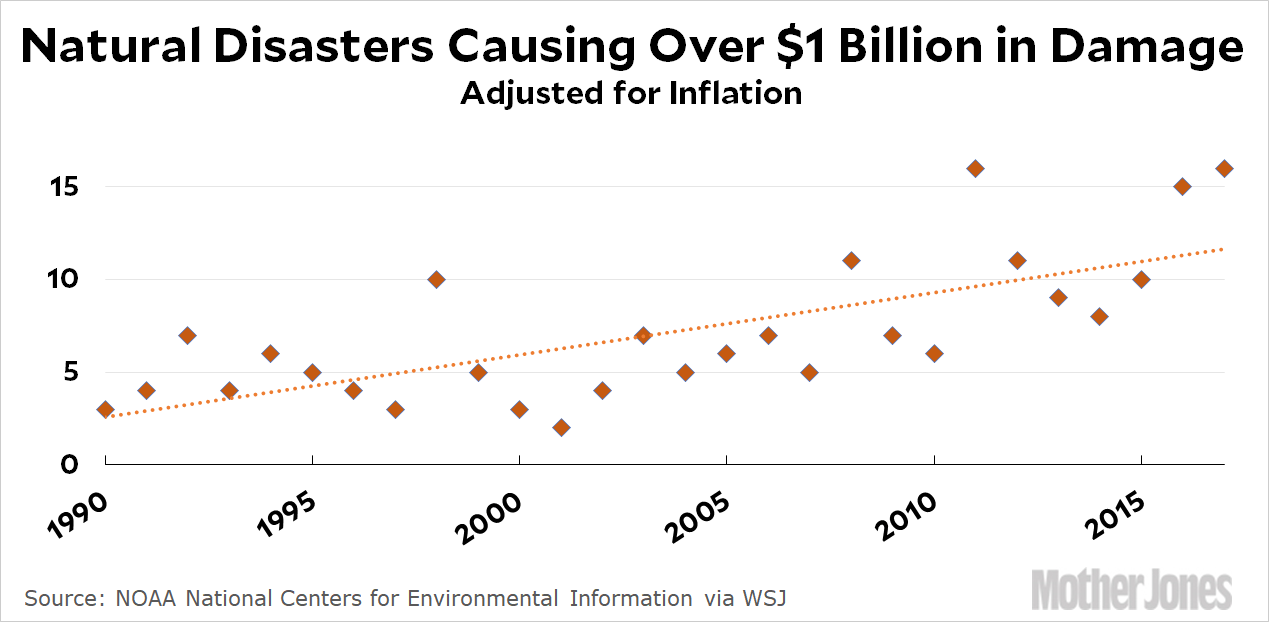After a wildfire caused $3 billion in damage to the far northern town of Fort McMurray two years ago, insurance company Aviva PLC suddenly paid attention:
“That is not a type of loss we have experienced in that part of the world, ever,” says Maurice Tulloch, the Toronto-based chief executive of Aviva’s international insurance division. “The previous models wouldn’t have envisioned it.” Aviva studied the incident and concluded the wildfire was an example of how the earth’s gradually warming temperature is changing the behavior of natural catastrophes. Aviva increased premiums in Canada as a result.
The effects of the planet’s slow heating are diffuse. Predictions of the fallout are imprecise, and the drivers are debated. But faced with the prospect of a warming planet, the world of business and finance is starting to put a price on climate change. Insurers are at the forefront of calculating the impact. “We don’t discuss the question anymore of, ‘Is there climate change,’ ” says Torsten Jeworrek, chief executive for reinsurance at Munich Re, the world’s largest seller of reinsurance—insurance for insurers. “For us, it’s a question now for our own underwriting.”
Republicans can deny that climate change is real, but real-life businesses can’t afford to do that. The evidence that climate change is affecting their bottom line is just too obvious:

Some years ago I wondered how obvious climate change would have to be before Republicans were forced to admit that it was real. We still don’t have an answer to that, but eventually the business community that forms the core of the party is going to demand that they cut out the nonsense and start doing something. I predict that conservatives will hold out a little longer, but only until 2024 or so. Beyond that, playing dumb partisan games will no longer be an option.


















